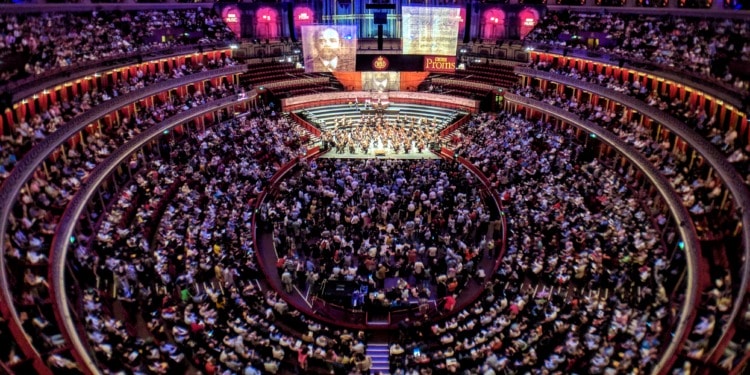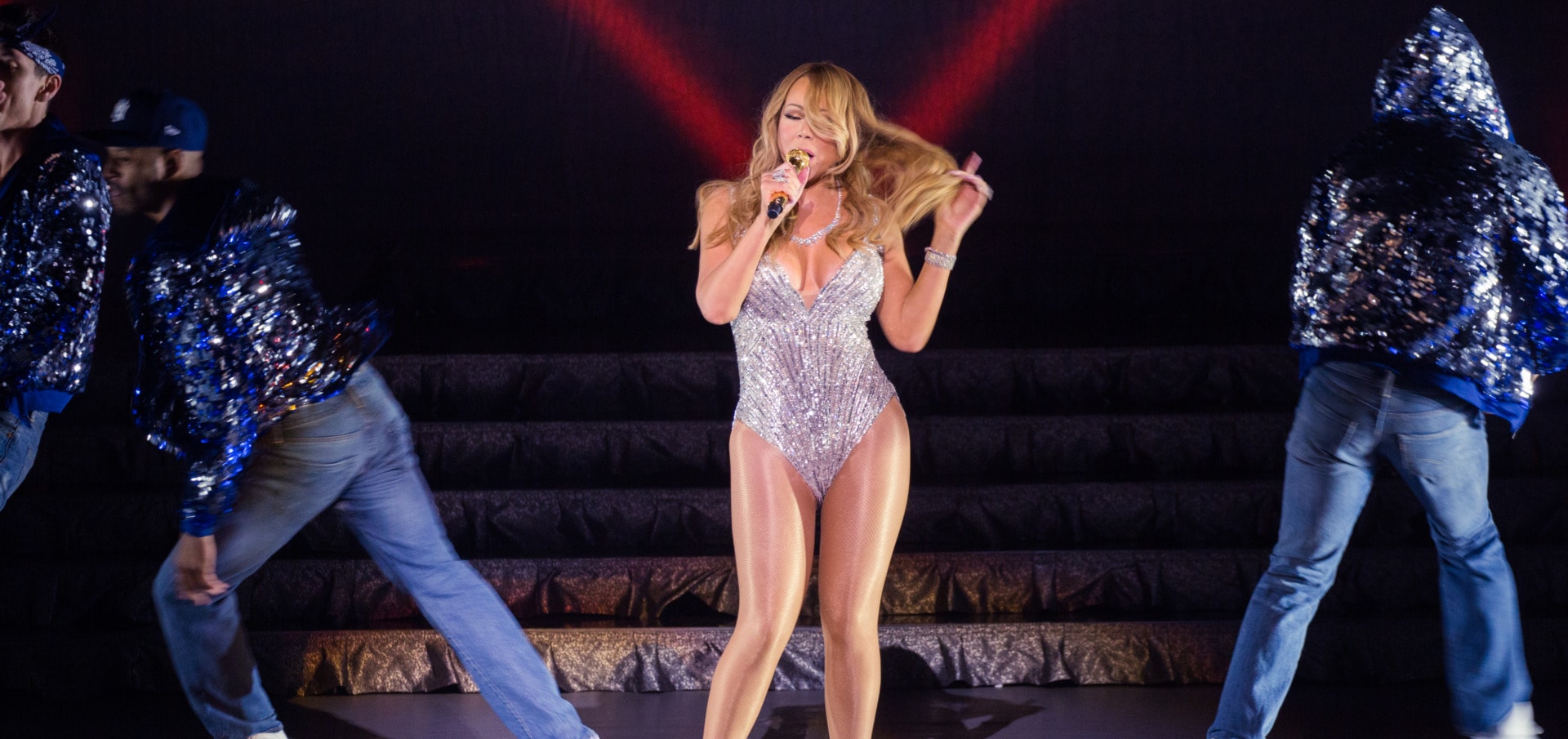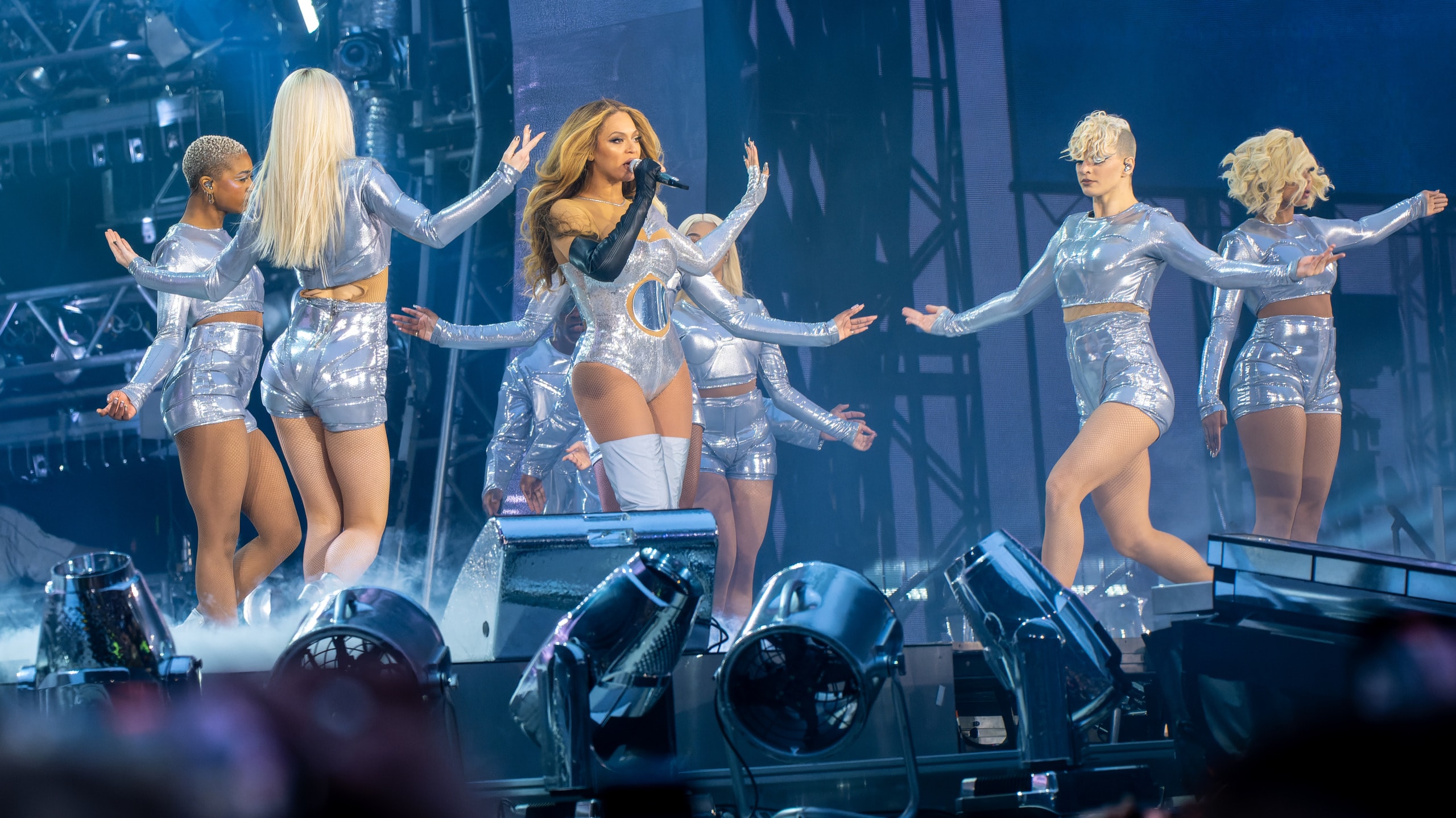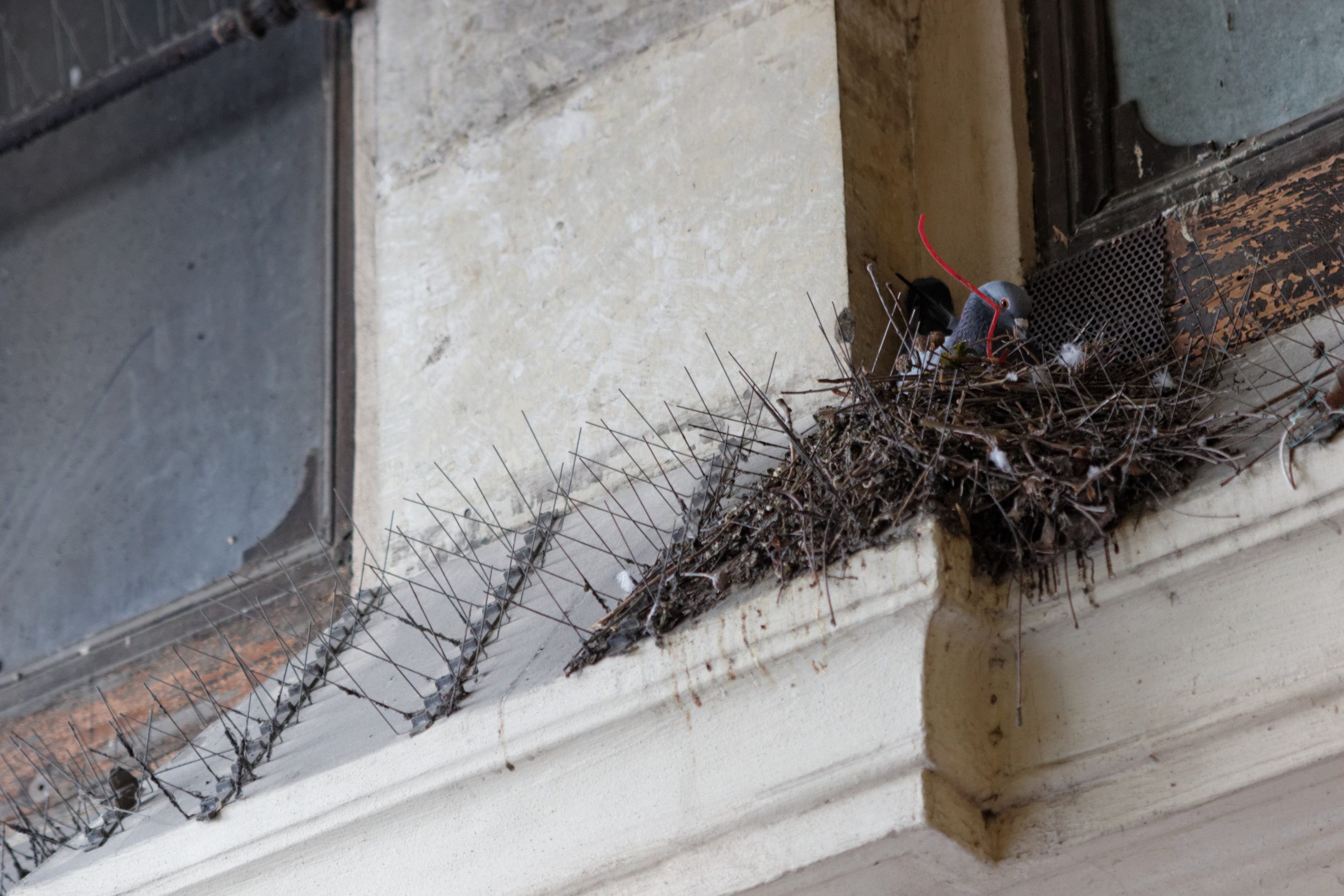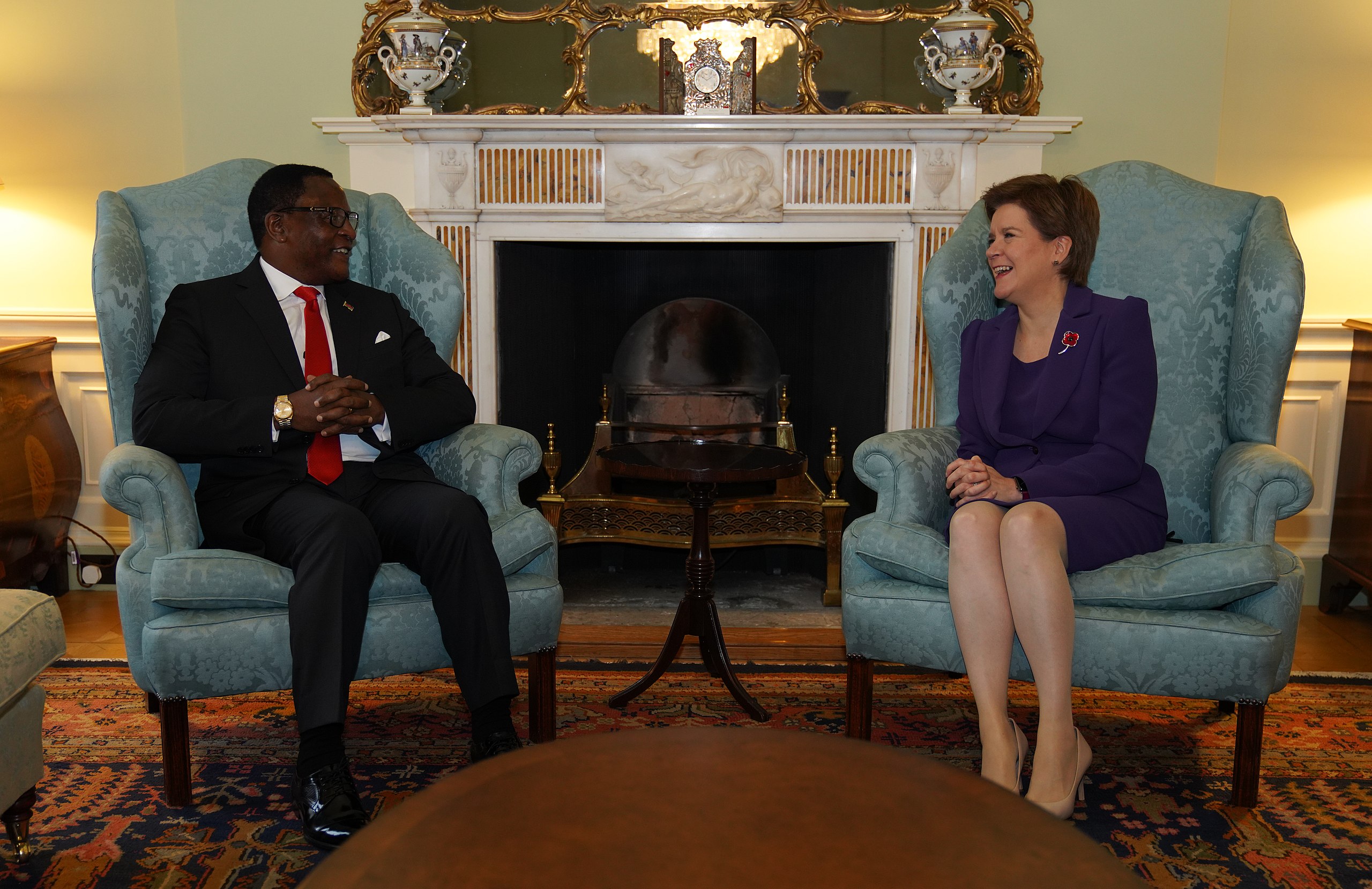The BBC Proms launched with a glittering bang on July 15 with a performance of Verdi’s Requiem. Conductor Sakari Oramo was joined on stage by the BBC Symphony Orchestra and the combined forces of Crouch End Festival and BBC Symphony choruses. The BBC Proms 2022 will run until 10 September and promises to include many Proms “regulars” such as the Berlin Philharmonic and the London Symphony Orchestra, as well as a lot of newcomers.
During the few years when the festival was compromised with pandemic-related restrictions, the festival organisers, performers and loyal attendees have in some ways re-imagined the significance of the series of concerts that has existed since 1941. The goal of the Proms has always been to bring Classical music to as many people as possible. And yet what is perhaps a more realistic description of previous festivals is the aim to cram as much Classical repertoire into the eight-week long festival as possible.
Related Articles: What Music Means in Times of War | From Digital Disasters to Standing Ovations: A 2021 Review of Classical Music
Whether the pandemic’s impact on the arts can be described as reflective, turbulent or disastrous, it has led to a re-imagining of what it means to be inclusive, to diversify, and really bring Classical music to a wider audience. This year, the Proms’ priorities are not only driven by social but geographical inclusivity with concerts not just in the Proms’ London base, the Royal Albert Hall, but Belfast, Bristol, Truro and Glasgow.
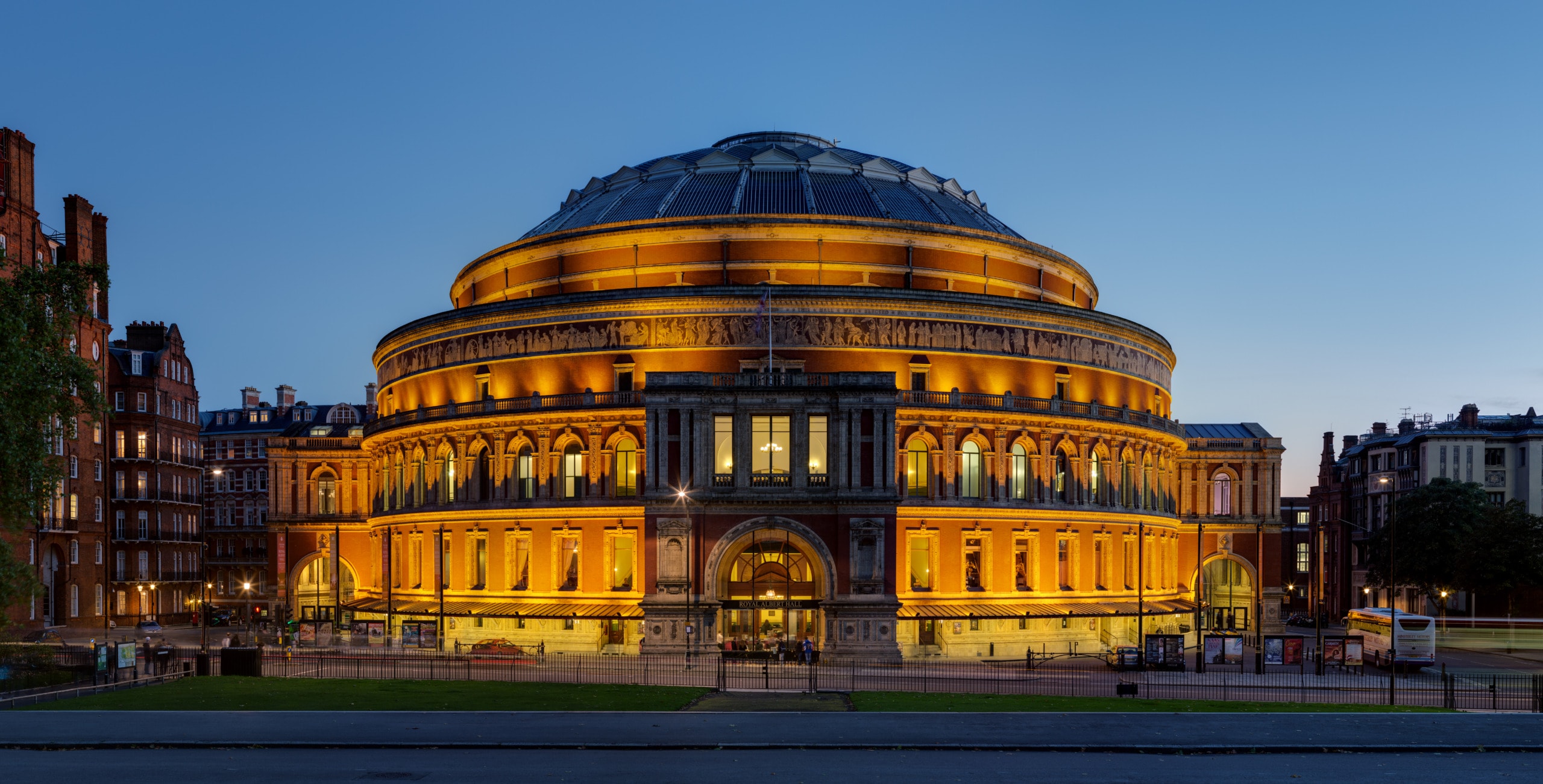
These “refreshed” goals and re-ordered priorities offer no indication of challenge-free Proms. Indeed, it would seem to be quite the reverse. Never has the Proms been under such scrutiny as it has been over the past few years when it first began to take diversification seriously.
Significantly, the Proms has joined the core conversations of the musical world at this time: What do we do with the undiversified history of Western art? How can we decolonise musical performances and education? In what ways can we create a future that does not resemble the past’s models of inequality?
Of the five events chosen for this article, some are completely new concepts, others are core Proms traditions, but each one carries part of an answer to these questions preoccupying the musical world at this time.
The Newly Formed Ukrainian Freedom Orchestra
The Proms will welcome the brand new Ukrainian Freedom Orchestra on July 31 to perform a programme of Sylvestrov, Chopin, Beethoven, and Brahms. Led by Canadian-Ukrainian conductor Keri-Lynn Wilson, and brought together by the Metropolitan Opera, New York, and the Polish National Opera, the orchestra signifies the power of art in the face of extreme adversity.
The orchestra includes Ukrainian refugee musicians as well as military-age, male musicians who have been granted an exemption by the Ukraine Ministry of Culture. It is clear that Ukraine recognises the impact that music can have in spreading messages of peace, empowering the public, and creating collective understanding around the world.
The Wreckers
Ethel Smyth’s masterpiece opera “The Wreckers” is sure to stun audiences at the Albert Hall on July 24. During her lifetime (1858-1944), Smyth was heavily marginalised as a “woman composer,” as though her work could not be accepted as “mainstream.” And when she produced more “delicate” compositions, she was criticised for not measuring up to the standard of her male competitors.
She was trapped in double standards. Despite this, she broke through many barriers her gender carried and was the first female composer to be granted a damehood.
The increase in performances of this opera might be part of a wave of advocacy for the inclusion of female composers, but there is no reason this work can’t be recognised as a “masterpiece” in its own right. Indeed, the composer Thomas Beecham has used this very term to describe it. Admired by Mahler and Britten, Smyth’s “The Wreckers” is a psychological drama of “wrecking, religion and love”: all themes that are appropriate to the world at this time.
A Gaming Prom?
The showcasing of gaming soundtracks is certainly a first for the Proms. Perhaps as part of the festival’s aim to diversify its repertoire, this concert “From 8-Bit to Infinity,” will see the Royal Philharmonic Orchestra perform classic console titles of the 1980s to the latest release in the Battlefield franchise.
'Gaming Prom – From 8-Bit To Infinity' will take place this August https://t.co/Ir7hYjQDPs
— NME (@NME) April 26, 2022
Film music has been used over and over again to draw wider audiences into concert hall venues; the themes of blockbusters providing the context that new audiences lack upon hearing classical music for the first time. And as film composer Bernard Herrmann famously said: “[Alfred Hitchcock] only finishes a picture 60%,” indicating the importance of the soundtrack. It is the soundtrack’s leitmotif that gets carried out of the cinemas by humming audiences. This is surely the same with the accompaniment to video games. Whilst this might be perceived as a risky move for the Proms, it may also pay off in satisfying the festival’s key aim to perform for more people.
The Proms comes to Scotland
Geographical expansion is a key element in facilitating the Proms’ quest to bring classical music to the widest possible audience. In an intimate chamber concert, Trio Gaspard will perform Haydn’s Piano Trio in G minor and Ethel Smyth’s Piano Trio in D minor. Both works are brimming with youthful emotion, very appropriate for the energy of Trio Gaspard and their first BBC Proms appearance.
Indian Classical Music Continues As Firm Favourite
The sitar player Ravi Shankar has been credited with bringing Indian Classical music to the West. It is now a favourite at the Proms, being included in many previous festivals. Since Ravi Shankar’s death, Amjad Ali Khan has taken centre stage as an international performer of North Indian music. Khan plays the sarod which has a deeper and more resonant sound, but the aural traditions and beauty of the improvised and ornamented melodies are much the same.
Listening to Indian Classical music is to understand not only diversity in musical style but in the way in which we must listen. Khan describes learning Indian music as similar to an elephant walking – “you must undertake it with grace and dignity.” It is a different experience to learning the harmonic progressions and regular phrasing of much of Western Classical music. To understand the music at this Prom, diversifying listening skills will be just as important.
Not only is the Proms back in full force this year, but it is also expanding. The term “Classical music” doesn’t hold the same meaning it had 80 years ago when the festival was founded. Apart from the “standard” classical repertoire which remains key to the Proms experience, the term now incorporates a rich repertoire of forgotten works, newly commissioned highlights, and performers from far and wide. Every Prom will be live on BBC Radio 3 and BBC Sounds with many also available on TV and iPlayer.
Editor’s Note: The opinions expressed here by the authors are their own, not those of Impakter.com — In the Featured Photo: Royal Albert Hall during the 2017 BBC Proms. Featured Photo Credit: Wikimedia Commons.


